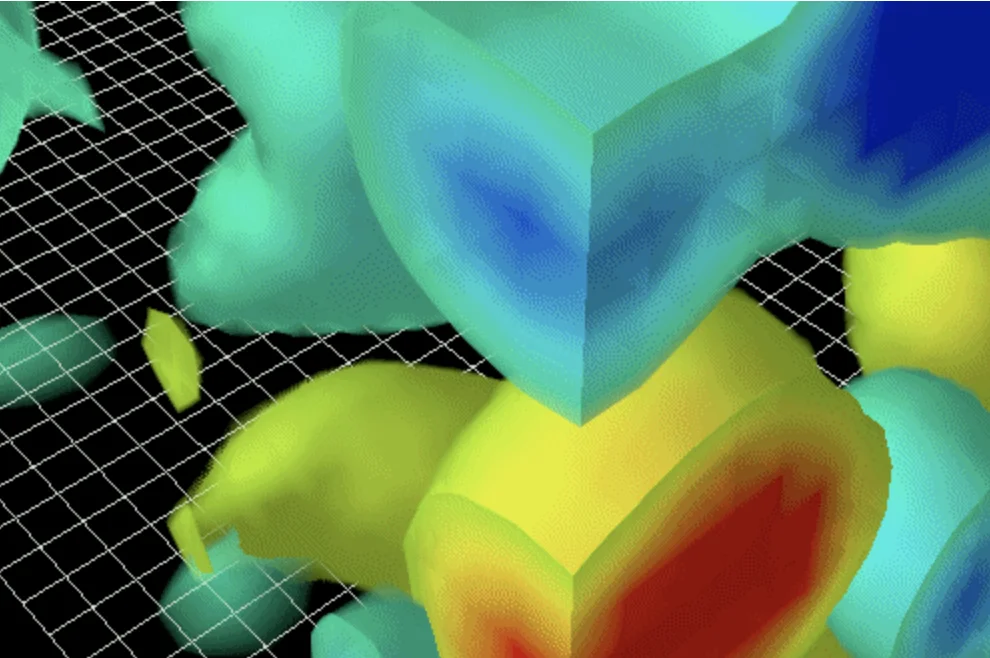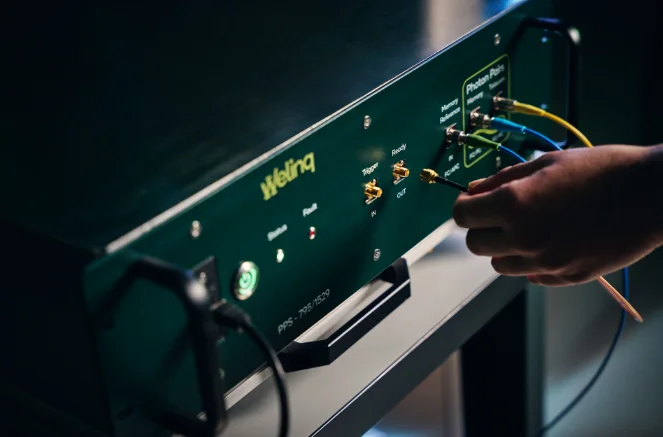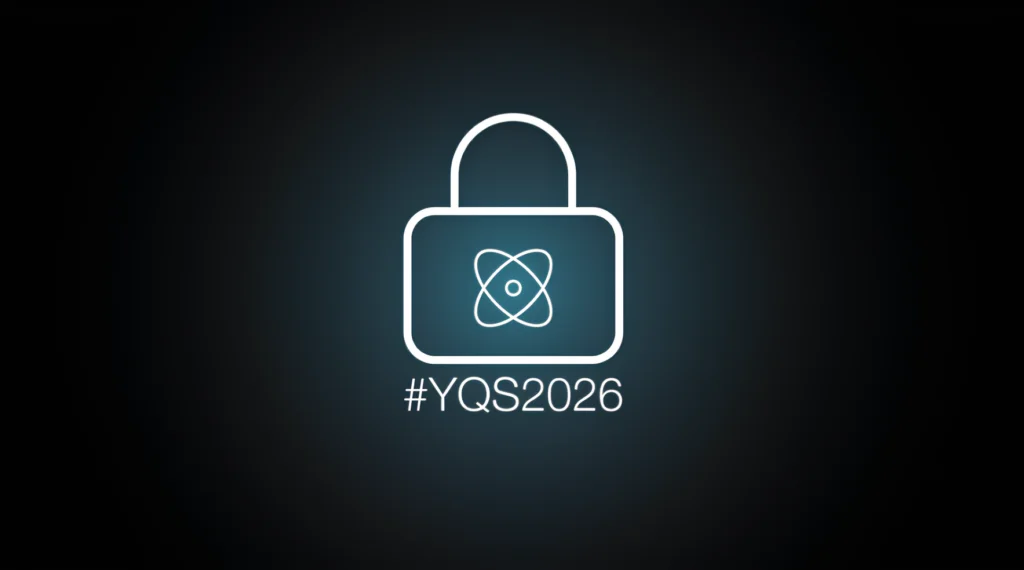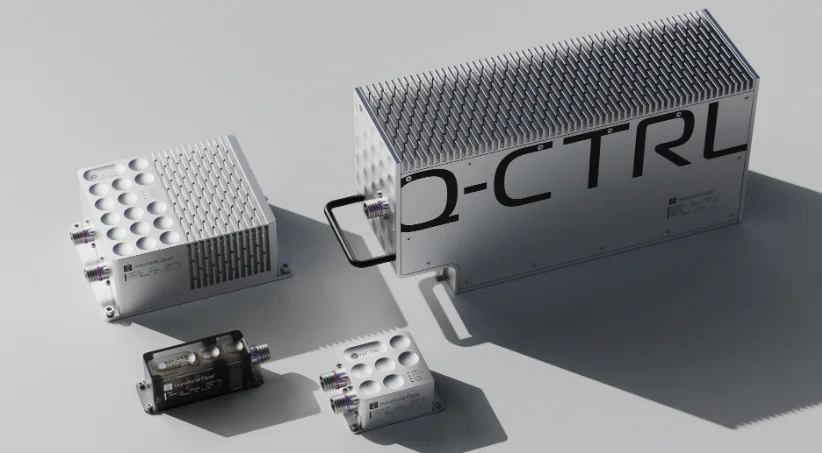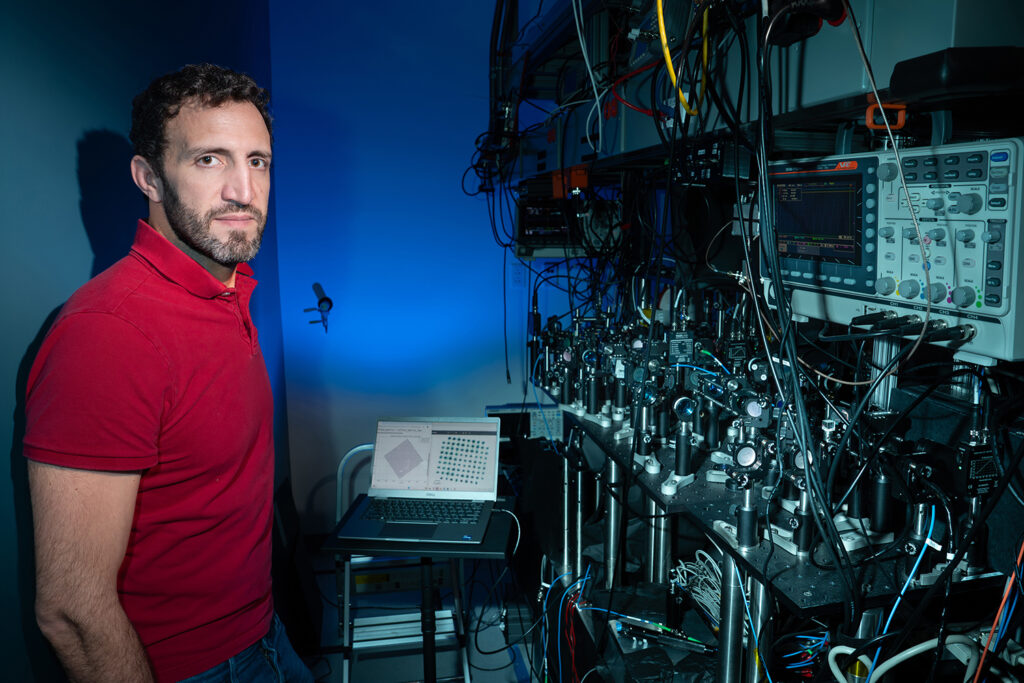
Smart Cities
R&D company QRate (Moscow, Russia), in cooperation with Innopolis University (Innopolis, Russia), has successfully protected an autonomous vehicle using a quantum communication device. The success of this experiment is proof of the general possibility of a Quantum Key Distribution (QKD) device’s utilization for cyber-security systems of autonomous vehicles and critical infrastructure of Smart cities.
One of the known hacks of autonomous and connected vehicles is associated with the software remote (via air) update process. The Joint R&D group has successfully performed a quantum-protected software update for an autonomous car, designed by the laboratory of autonomous transportation systems at Innopolis University.
The team succeeded in developing a solution that has illustrated technology maturity. A joint team of engineers established a stable wireless (4G) communication channel between a vehicle and data center, crypto protected with OpenVPN utilizing quantum symmetrical keys, distributed with a QRate QKD device. In future, this technology will be integrated together with 5G.
Quantum key distribution between vehicle and data center is done with optical channel (optical fibre) during vehicle fuelling or charging (for EVs). Engineers have reached the speed of 40 kbit/sec for key distribution. This is how up to 18Mbytes could be distributed within an hour, enough for protected data transfer for a few days.

When a vehicle is moving, a quantum-protected mobile 4G LTE broadband data link channel is established. For this reason, each 15 seconds OpenVPN receives a pre-distributed quantum key from a QKD device.
Field tests in Innopolis allowed for autonomous vehicles proved that this concept is valid and could be used today.
Deeper Integration
“To scale this kind of solution there is a need to build urban quantum networks and to follow the technological developments in the direction of QKD modules miniaturization, a deeper integration in the autonomous driving system of driverless vehicles, and also some work on the standardization of information security of the transport industry, taking into account quantum communication,” said QRate CTO Yury Kurochkin.
For the interaction of an unmanned vehicle and the infrastructure, a 4G LTE wireless network is used. This solution allows for tunnelling the 4G LTE channel and its encryption.
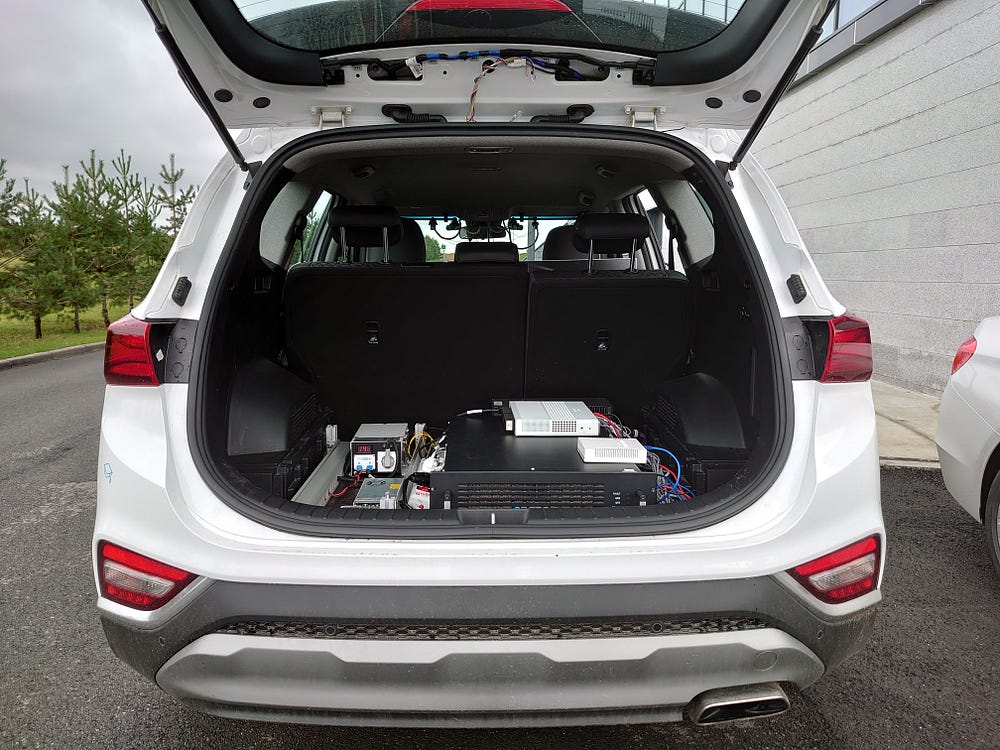
Quantum technology of crypto key generation makes it possible to create a crypto-secured data link and prevent unauthorized viewing or spoofing of transferred messages,” said Sergey Grebennikov, a technical specialist of the laboratory of autonomous transport systems of Innopolis University.
Autonomous vehicles are one of the most anticipated technological developments, with a prognosis that the market of autonomous vehicles will grow to $2 trillion by 2030. Since 2019 California has allowed goods to be transported on the state’s roads by autonomous trucks. In accordance with other prognoses, global sales of autonomous transport vehicles are set to reach 58 million units by 2030, with the biggest share of sales to come from the commercial segment.
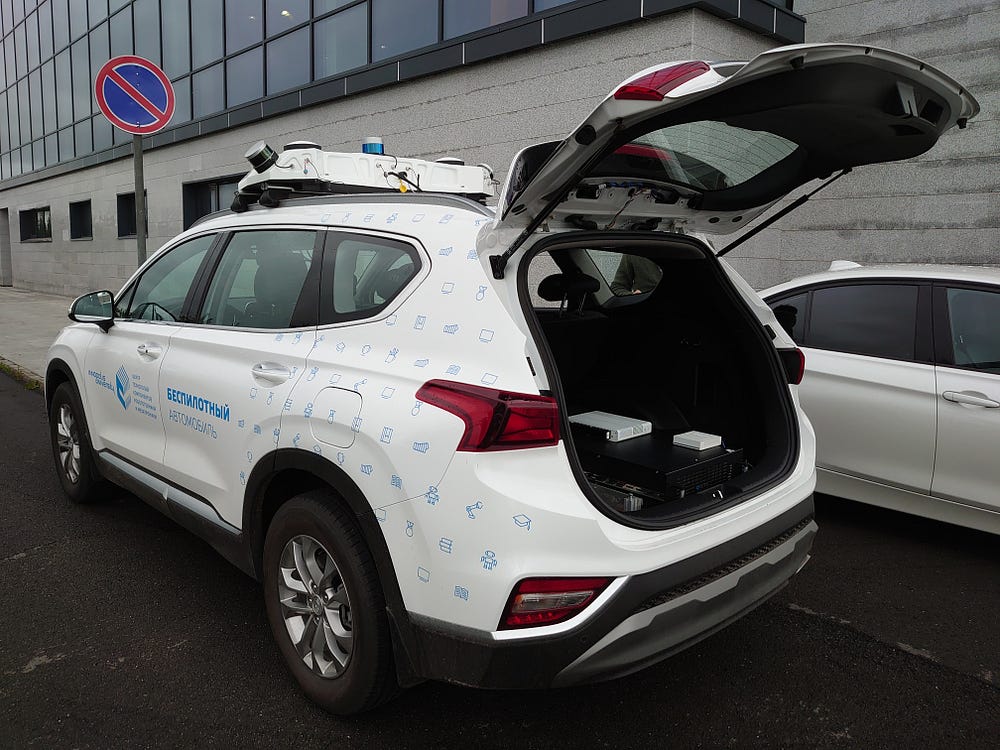
The technology of autonomous driving should make transport safer, distribute a positive input in human mobility and increase the efficiency of transportation systems.
Unauthorized Access
But still, there is a risk of unauthorized access by third parties to programmable units of autonomous vehicles, compromising their safety and reliability. The biggest danger could arise from offenders receiving control of a group of driverless vehicles.
“Nowadays we give top priority to the functional safety of autonomous driving technologies developed by us. The necessity of full-blown functional safety is caused by the fact that many of our solutions have already found their commercialization, and our customers are very demanding in questions of cyber-safety, data integrity and sustainable development of the solutions based on our technologies. The integration of QKD systems in our autonomous vehicles is one of the key aspects for satisfying this requirement,” said Salimzhan Gafurov, head of the laboratory of autonomous transportation systems of Innopolis University.
The prognosis for the mass dissemination of autonomous vehicles is coherent with the assumptions about whether or not the technology is secure enough from hacks using quantum computers. This means that the digital systems of this kind of vehicle are potentially not protected from new-gen threats. Today autonomous vehicles are protected using classic cryptography, which is not sustainable against attacks utilizing quantum algorithms.
Driverless Taxi
Quantum cryptography for autonomous and connected vehicles is about today’s practical, not theoretical, issues. In different countries today driverless taxi services and services for driverless goods development etc are already available. In 2020, a driverless taxi became available on China’s public roads for the first time. In Russia, too, the same experiment is being performed by Yandex.Taxi.
On the roads of Innopolis, several autonomous vehicles from the Competence Center of the National Technological Initiative (NTI) of Russia in the area of Robotics and Mechatronics are passing tests. Specialists in the laboratory of autonomous transport systems, which is a part of the Center, are developing their own technologies of autonomous driving for personal (KIA Soul and Hyundai Santa-Fe) and commercial vehicles (KAMAZ).
If you found this article to be informative, you can explore more current quantum news here, exclusives, interviews, and podcasts.









